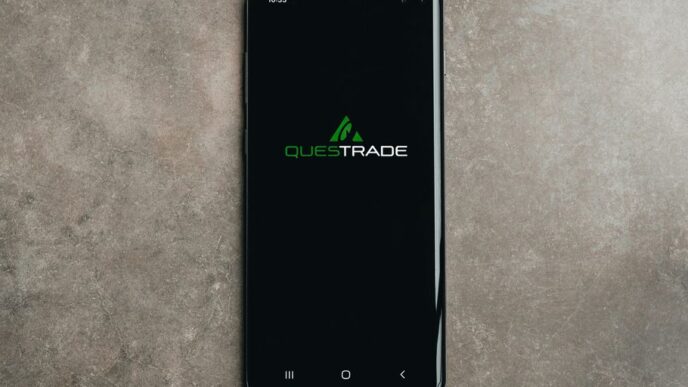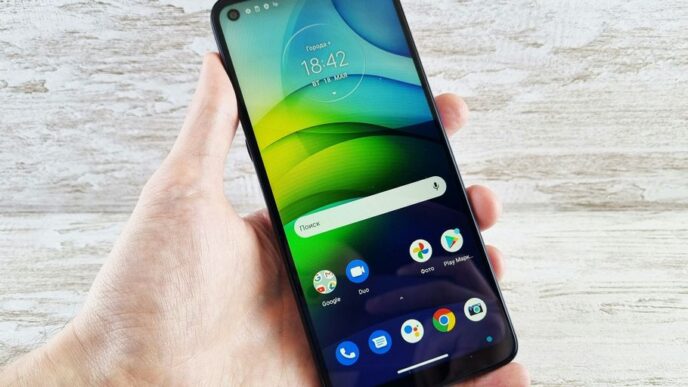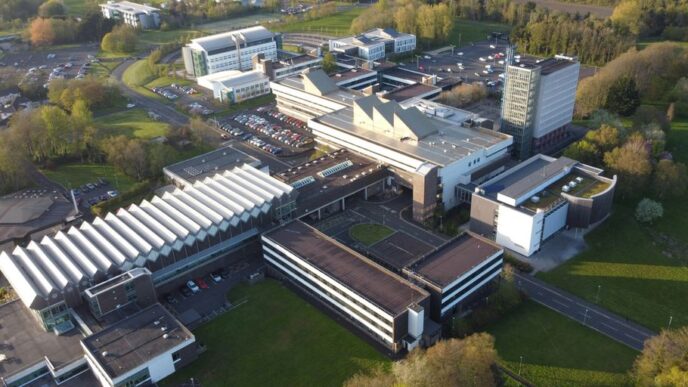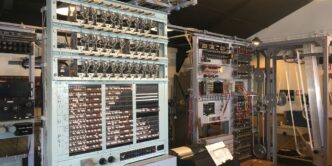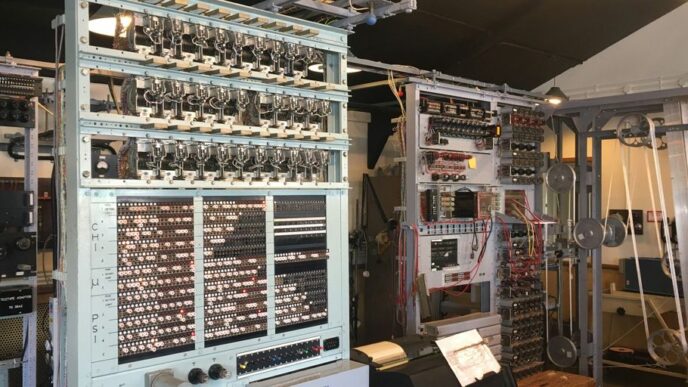Bitcoin Association, the Switzerland-based global industry organization that advances the development and adoption of the BSV Blockchain, published a statement on October 16 that an empty block miner has been detected on the network. The dishonest node, found to have been mining empty blocks since June 2022, will face criminal charges once identified.
“Bitcoin Association is taking action to contact all relevant exchanges and miners to freeze all block rewards associated with this malicious miner and will be pursuing criminal charges against the entity/entities responsible,” Bitcoin Association stated.
Announcement: We're taking action to freeze all block rewards associated with a breach of contract & will be pursuing criminal charges against the entity responsible.
https://t.co/MLGtit1AG8 pic.twitter.com/vDZWkb1jbJ
— BSV Association (@BSV_Assn) October 17, 2022
The empty block miner is trying to conceal its identity, as well as its coinbase address, by continuously changing the string. However, it is more often identified by the address 1KPSTuJMCMRXrTWHfCwpiRZg1ALbJzh844.
An empty block miner can do damage to the network because nodes compete with each other to solve an extremely complex mathematical equation in order to be able to claim the next slot in adding a new block on the blockchain. This process needs state-of-the-art mining equipment that expends a huge amount of electricity.
Honest nodes that complete blocks filled with fee-paying transactions waste their time and money to give way for the malicious miner to add their empty block onto the chain. Aside from disrupting the mining process of other nodes—and potentially turn off other app developers from building on the BSV Blockchain—an empty block miner is also being counter-productive to the over-all aim of the network.
The vision of Bitcoin creator Satoshi Nakamoto is for his invention to scale unbounded in order to meet the increasing global demand for data storage and transactions. Bitcoin was made for the whole world to use, and it is not meant to be treated like a wealthy man’s hobby or as speculative investment.
And this is why BSV has endeavored for its blockchain to be capable of limitless scaling, which means the capacity of data blocks and the network’s throughput are constantly enhanced. Unlike BTC, which has refused to scale and remained at the 1MB block size and throughput of seven transaction per second (tps) set as a mere starting point by Satoshi Nakamoto, BSV is now processing 4GB blocks at 50,000 to 100,000 tps.
However, the network needs the stiff competition brought about by miners to be able to continuously scale. Only when miners compete with each other to process more transactions in a single block will the block size get bigger and throughput get higher. Mining empty blocks negates this competition and is detrimental to the scaling vision of BSV.
Scaling also ensures the profitability of miners in the future Bitcoin halvings. Nodes earn through transaction fees and block subsidy in the form of newly minted coins, which are halved every four years. Unlike real money where countries can just print new notes whenever needed, Bitcoin only has a fixed supply at 21 million coins.
These coins will be depleted after the last halving in 2140. At present, block subsidy is only at 6.25 coins, and the next halving in 2024 will reduce it to just 3.125. Securing a growing number of transactions through scaling means that miners will earn more in transaction fees in the future until it reaches a point where revenue from processing transactions far outweighs the block subsidy.
Last April, BSV node GorillaPool placed over 2.5 million transactions in a single block—a record high for all blockchains. The block, which is 3.82GB in size, earned GorillaPool about 9.757 BSV—already higher than the 6.25 BSV block subsidy.
Honest nodes such as GorillaPool is what pushes the network to its limits and allows it to scale. An empty block miner does the opposite. They are considered a dishonest node as they violate the terms of Bitcoin mining as stated in the Bitcoin white paper.
According to white paper, which is the blueprint of Bitcoin, miners should take six steps in running a node. Through Bitcoin Association’s investigation, it found that the empty block miner has violated four of these steps, which are as follows:
- New transactions are broadcast to all nodes.
- Each node collects new transactions into a block.
- When a node finds a proof-of-work, it broadcasts the block to all nodes.
- Nodes accept the block only if all transactions in it are valid and not already spent.
“As has been observed in the past week, this miner is ignoring the tens of millions of broadcasted fee-paying transactions from users and other nodes in the network in favor of producing empty blocks,” Bitcoin Association said in a statement.
“Bitcoin Association has independently validated that this miner is not providing a consistent nor transparent policies. This miner is actively attacking the network in an attempt to reap block rewards while disrupting the economic activity of innocent users, businesses, and honest miners.”
And this is why an empty block miner is considered a dishonest node and something that Bitcoin Association takes seriously to the point of pursuing criminal liability. On top of mining empty blocks at an increasing pace, Bitcoin Association has also observed other suspicious activities linked to this miner.
“Alongside this disruptive behavior, there are continuous coordinated DDoS attacks on key network infrastructure and services. There have also been numerous incidents of transactions not being treated normally as well as targeted attempts to disrupt network pillars with abnormal and suspicious behavior.”





